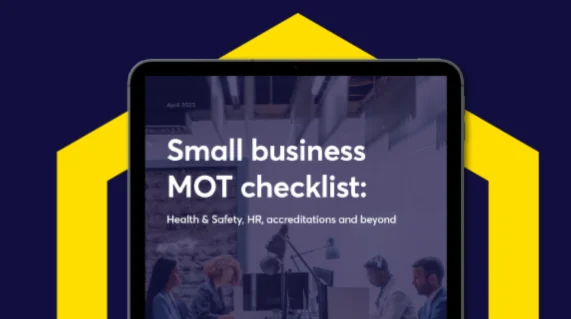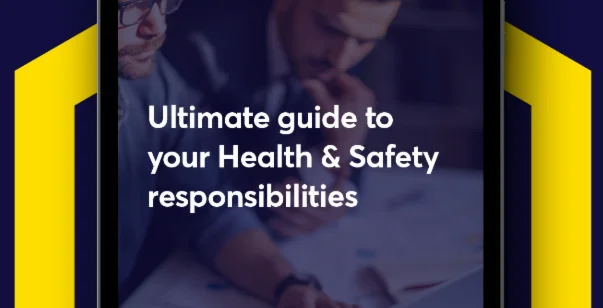Detailed guidance for parents and employers has been published here.
To help we have summarised the key provisions for employers below.
The Government has stressed:
- If it is possible for children to stay at home, they should stay at home
- Parents should not rely on childcare from people who have been told to be more “stringent” with social distancing – the examples cited here are those over 70 and people with underlying medical conditions
- If a working parent cannot work at home and has to look after his/her children then this will be unpaid leave for emergency care of a dependent. Parents should try to arrange alternative care for their children and not just expect they can stay off work.
- Parents do everything possible to ensure their children are not mixing socially and obey the same social distancing guidance as adults
- No Statutory Sick Pay is payable just because a parent has to stay at home to look after their children – it will only be payable if they have to self-isolate as a household because one member is displaying symptoms (we are expecting new statutory sick pay provisions in the Coronavirus Bill which is due to be published next week)
- Residential special schools, boarding schools and special settings will continue to care for children wherever possible
If employees think they fall into one of the key categories, they are advised to confirm with their employers that their role is necessary for the continuation of essential public services ( detailed below).
Only one parent needs to be considered a key worker and in the event their normal school is closed, parents are advised to contact their local authority for details of an alternative school they can attend.
The government guidance states:
“If your work is critical to the COVID-19 response, or you work in one of the critical sectors listed below, and you cannot keep your child safe at home then your children will be prioritised for education provision”. This would suggest that an employee could argue that their role was critical, even though it is not listed.
Click here to return to our resources and guidance.









